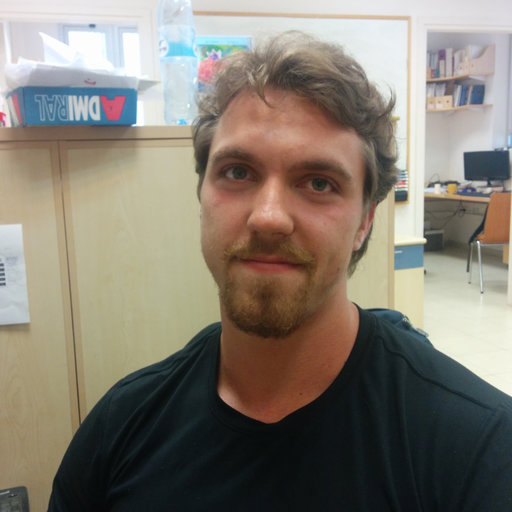Epidemiologic Approaches for Understanding the Urban Exposome: Thinking Big and Thinking Small (2019)
Epidemiologic Approaches for Understanding the Urban Exposome: Thinking Big and Thinking Small |
|
|
Instructors: |
Jeremy Sarnat (Emory University) Chava Peretz (Tel Aviv University) Uri Obolski (Tel Aviv University) |
|
Date and Time: |
July 10-15, 2019 | 08:30-13:00/13:30 |
|
Location: |
Room TBA, Sackler Faculty of Medicine |
|
Final Exam: |
July 16, 2019 | 9:00-11:00 | Room TBA |
|
Pre-requisites: |
Introductory courses in Biostatistics & Epidemiology |
| Credits: | 2 |
| Registration Status: | OPEN |
| Application: | Apply now: English (International) | Hebrew (Israeli) |
|
Course Syllabus The course syllabus can be found here. |
|
|
Course Description Individuals are routinely exposed to complex and extremely heterogeneous mixtures of chemical and physical xenobiotic agents over the course of a lifetime. The highly multidimensional nature of both environmental exposure and biological response poses unique challenges for epidemiologists, who have traditionally focused on associations involving exposures to relatively few pollutants and corresponding health. During the past ten years, the ‘exposome’ has emerged as a powerful theoretical means for addressing the complexities inherent in environmental exposure. Exposomics, a conceptual analogue to the genomics, involves the quantitation of thousands of external and internal exposures, originating from traditional sources (i.e., industrial pollution) as well as those associated with diet and lifestyle.
|
|
|
Requirements Participants must pass the final exam with a grade of at least 60 (D) to receive academic credit for the course. Non-credit participants are not required to take the final exam. |
|
| Lecturer Bios | |
  |
|
| Jeremy Sarnat, ScD Associate Professor, Enviornmental Health, Rollins School of Public Health, Emory University |
|
 |
|
| Chava Peretz, PhD Professor, Department of Epidemiology and Preventive Medicine, School of Public Health, Tel Aviv University |
|
 |
|
|
Uri Obolski, PhD |
|
Contact Information
International: Ms. Saritte Perlman | summersph@tauex.tau.ac.il | +972-(0)3-640-7796
Israeli Applicants: Hebrew Website

